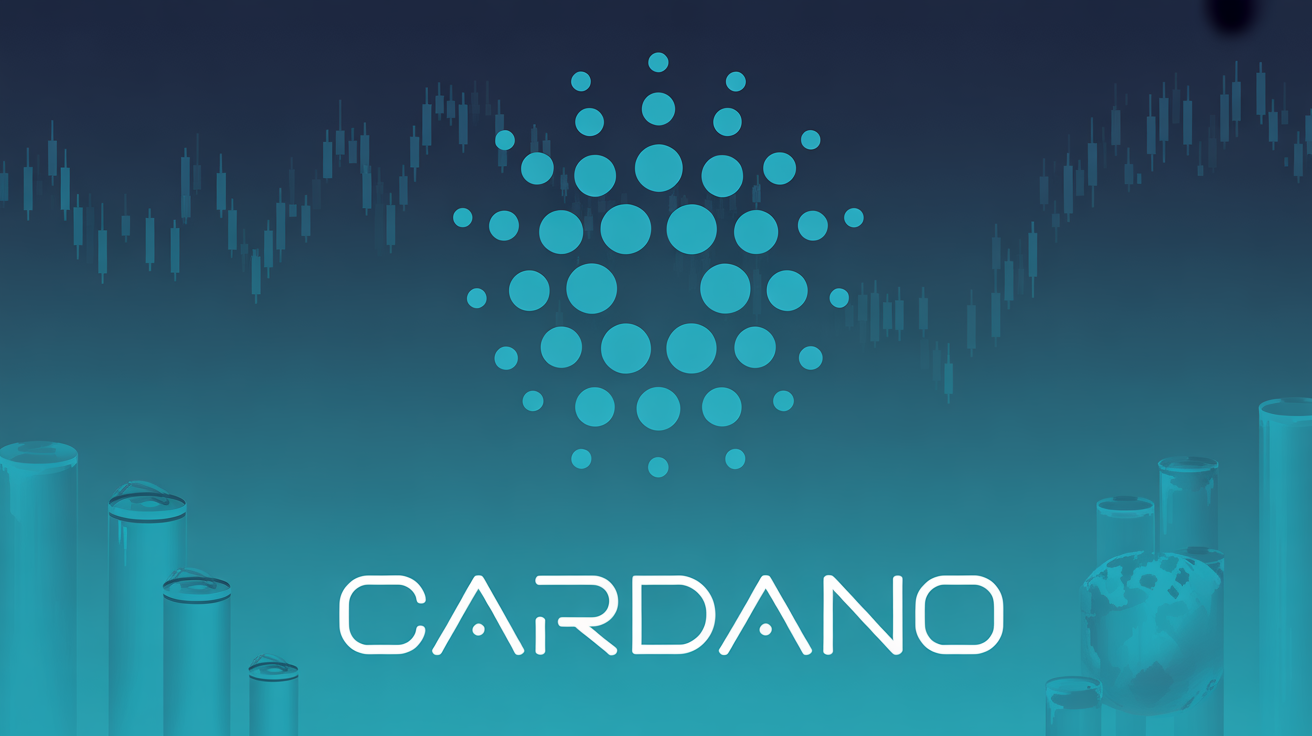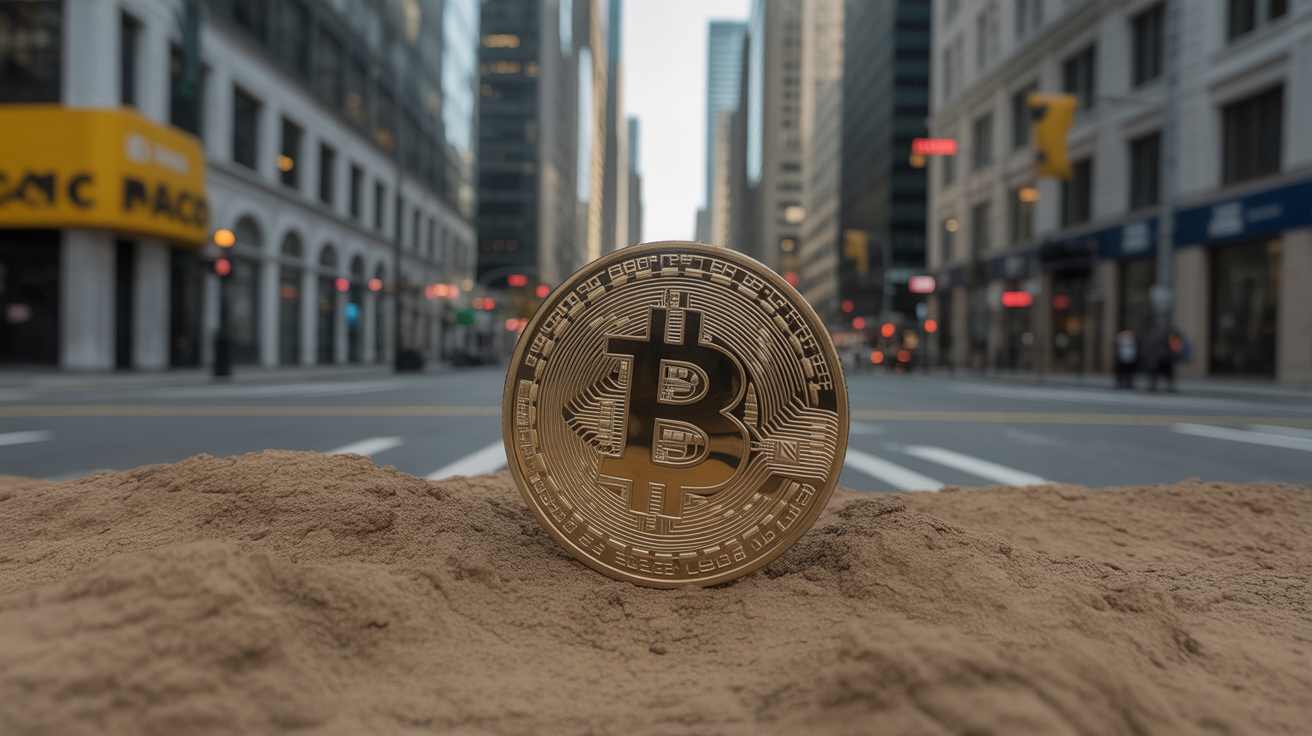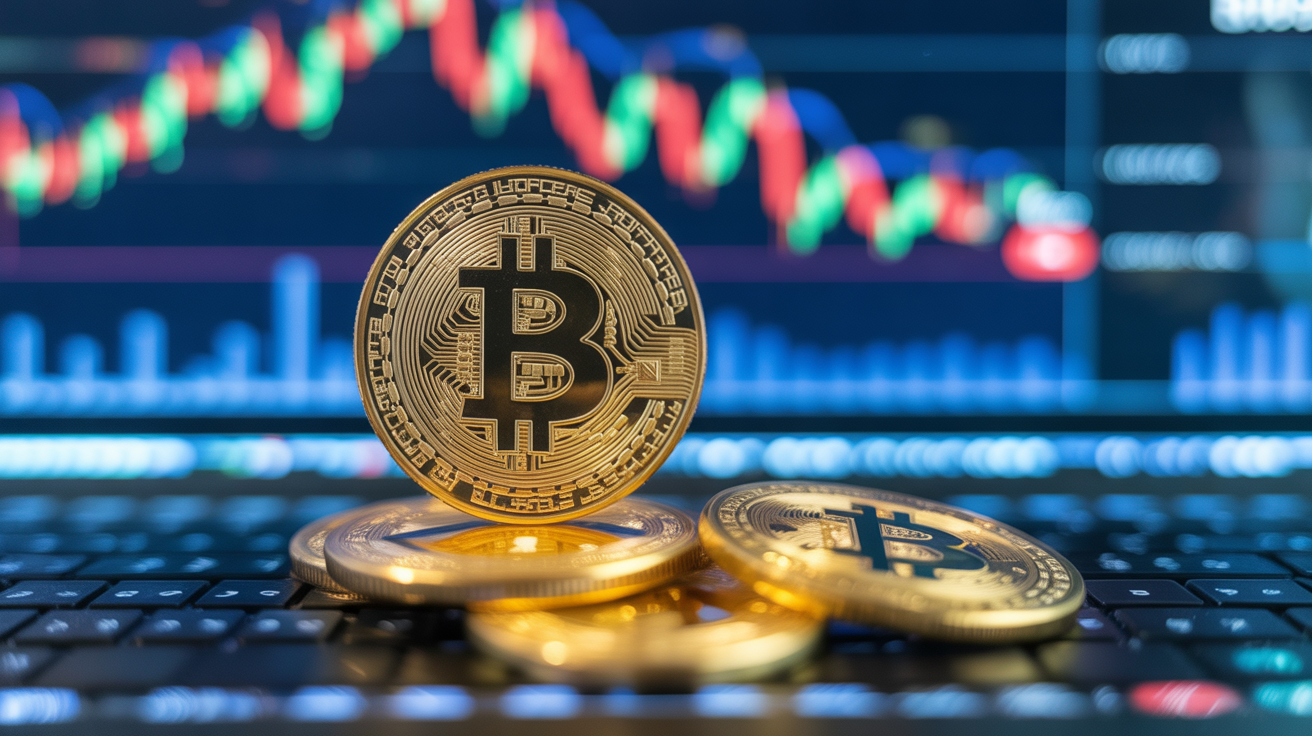Bitcoin miners inch closer to a $40B market cap as the difficulty adjustment heads for its fifth straight increase.
Bitcoin’s mining landscape is experiencing significant shifts, with the hashrate continuing its upward trajectory and mining difficulty set to increase for the fifth consecutive time. Publicly traded Bitcoin (BTC) miners are on the cusp of reaching a collective market cap of $40 billion, marking a dramatic rise from just $20 billion earlier this year, according to data from Farside. This surge in valuation comes as Bitcoin prices have reached record highs, hovering near the $100,000 mark for the first time in history.
Yet, despite this market enthusiasm, miners face a growing concern: declining revenue. The block reward, which miners receive for confirming transactions on the Bitcoin network, was halved in April, reducing daily earnings. Currently, only 450 new BTC are mined per day, and miner fees have dropped to their lowest levels in the cycle, with just 10 BTC (roughly $946,000) in fees reported on November 27, according to Glassnode.
As Bitcoin’s spot price hovers around $96,000, miners are finding themselves in a tough spot: they must either reduce their production costs to remain profitable or find new sources of income. To make matters worse, Bitcoin’s mining difficulty is expected to increase by an additional 3% in the coming days, further raising the computational effort required to produce new blocks.
The increased mining difficulty follows a sustained surge in Bitcoin’s hashrate, which has remained above 700 exahash per second (EH/s) for over a month. As of November 27, the seven-day moving average of the hashrate stood at 726 EH/s, showing consistent upward movement since mid-year, as per data from Glassnode. A higher hashrate makes it more difficult — and expensive — for miners to earn new BTC, as more computational power is needed to solve the cryptographic puzzles required for block validation.
In response to these challenges, many miners have diversified their operations beyond traditional Bitcoin mining. A growing number have pivoted into industries like artificial intelligence (AI) and high-performance computing (HPC), where demand for hosting computing power is rapidly rising. For example, shares of IREN (IREN) surged 30% on Wednesday, driven by renewed interest in the AI sector.
Other miners, such as Marathon Digital Holdings (MARA), have increased their Bitcoin holdings as part of their strategic plans. MARA added 703 BTC to its balance sheet in November by issuing a zero-percent $1 billion convertible note. The company now holds a total of 34,794 BTC.
Meanwhile, the CoinShares Valkyrie Bitcoin Miners ETF, which tracks the performance of publicly traded miners, has seen a 60% increase in its share price this year, although it has underperformed Bitcoin itself, which has risen by 113% during the same period.
Share this content:













